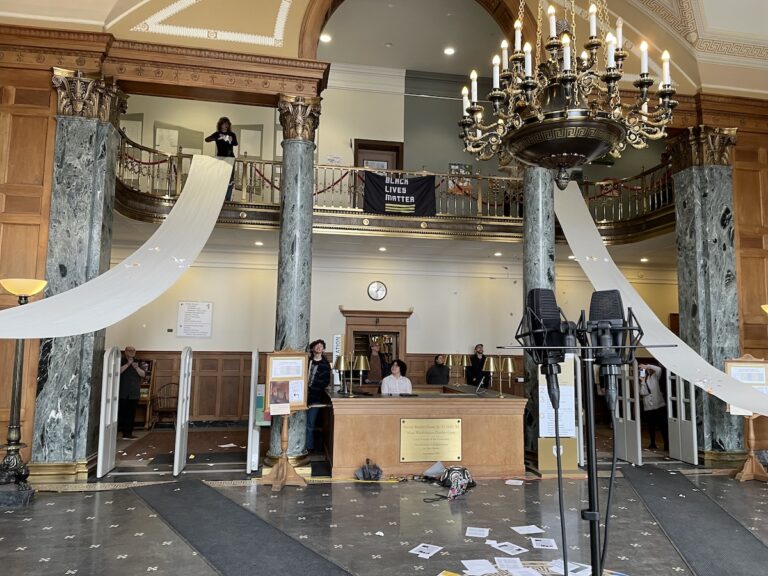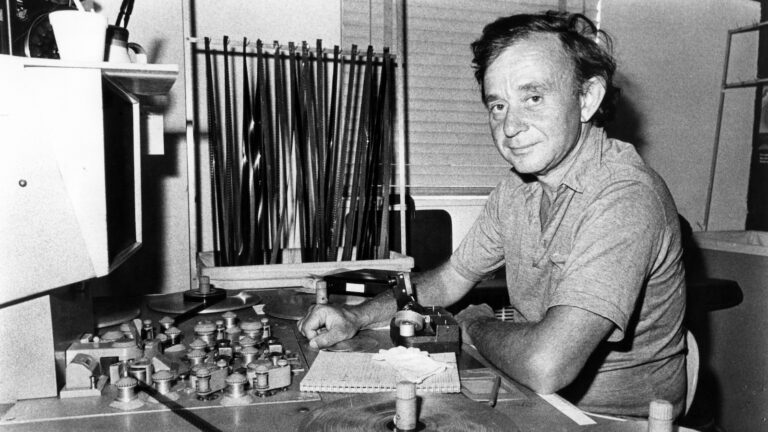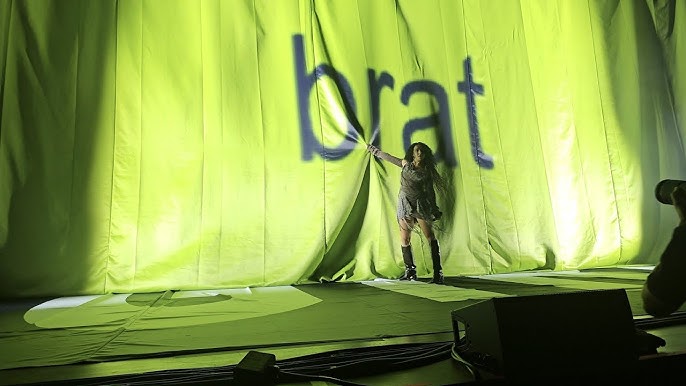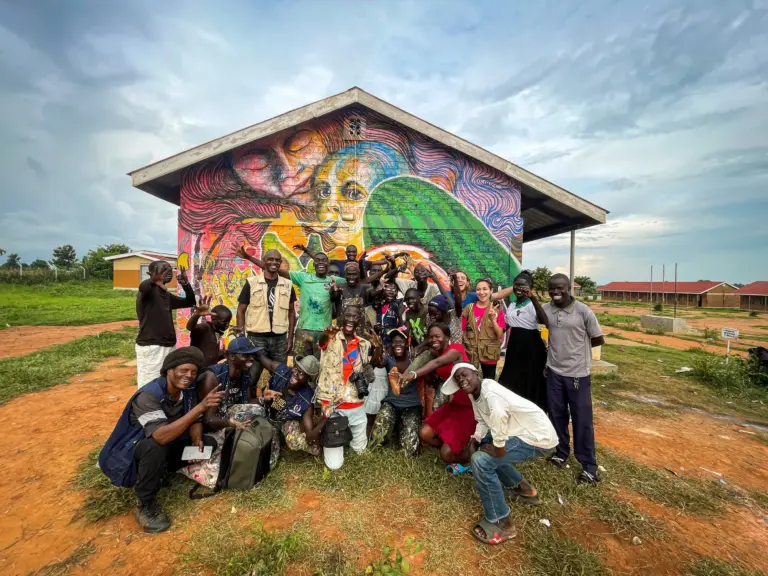Schlosser speaks on writing process and upcoming book
Before his evening lecture on March 2, bestselling author and social critic Eric Schlosser spoke with students on his writing process and upcoming book at Downey House.
“The basic rule for anyone who wants to be a journalist is to get out of the house,” Schlosser said. “My methodology is to learn as much as I can before I start writing. In a lot of ways I am a perpetual student.”
Schlosser told a story about being contacted by ABC News in reference to his research for his book “Reefer Madness: Sex, Drugs and Cheap Labor in the American Black Market.”
“They were doing a report on drugs, and they wanted to know how I found marijuana growers to speak to for my book because they were having such a hard time,” he said. “I asked them what they had done so far, and they told me that they had been placing postings on Internet message boards asking for marijuana growers to contact them. Again, the rule is that to be a journalist, you have to get out there! I think this just typifies the laziness of mainstream journalism.”
Schlosser talked at length about his own approach to writing.
“As a reader I love the complex,” he said. “My aim is to make my readers think, not make them think exactly as I do. Things that are complex and detailed make you think rather than handing you facts.”
Still, he made a distinction between “complex” and “difficult to read.”
“You must avoid a writing style that is overly smart, overly clever,” he said. “Too many people hide the weakness of their argument under [big words]. In my early twenties I realized that writing simply is much, much harder.”
Fact checking is a very important part of all of Schlosser’s books, and it always takes longer than the actual writing process.
“As a person I hate being wrong, and I know that one incorrect fact can be used to attack your whole argument,” he said.
“I spend a lot of time with people when doing my reporting,” he said. “[For ‘Fast Food Nation’] I spent time with dozens, if not hundreds, of meatpacking workers. I was meeting not just for quotes but to learn about their lives.”
Schlosser did, however, offer advice for getting quotes from people.
“There are certain times instances when it is not practical to have a tape recorder with you,” he said, “Still, if I’m interviewing a government official or corporate executive I carry a tape recorder because I know that they are more likely to lie to me [if I don’t]. At the same time, they often have a tape recorder themselves—it becomes a battle of dueling tape recorders.”
Schlosser stressed the importance of thinking creatively when looking for information or stories.
“I don’t want to talk to Britney Spears—I want to talk to people outside of the mainstream, that’s where the real stories are,” he said. “You’ll find that it is always amazing how many people want to talk to you.”
Schlosser said that just before his arrival at Wesleyan he visited a high-security prison in New York, something that he has been doing frequently for the last year. He is currently writing a book about the prison system in America.
“What amazes me is that there are still so many people in these prisons—about 2.2 million,” he said. “Think about that. It’s like millions of cages have been built for people.”
“Prisons are problematic,” he said. “They offer little solution. It’s almost common sense—if you put a person with a problem in a cage with lots of others that are messed up, they [are not going to come out for the better].”
“There is too much attention given to capital punishment,” he said. “It has become an easy way to portray an issue as black and white.”
He also touched on the racism in America and how it is a deep-rooted part of the prison system.
“In all of my visits to prisons, I did not see a single guard that was a person of color,” he said. “Seeing people of color in cages—that is the dominant image in my mind when I think of prisons.”
Schlosser has visited prisons around the world to get a global perspective on their issues.
“The racial problems and deep racism that we still have in this country has permeated to Europe,” he said. “I went to Swedish prisons, and I was totally taken aback because three-fourths of the people in prison were of color.”
Schlosser went on to mention something that many socially aware students may know a lot about: the feeling that all the work you’re doing to make things better isn’t having any effect.
“My work has taken me through America showing me lives that couldn’t be more different than mine,” he said. “Still, what weighs on me is fighting the feeling of futility. For almost every issue I have written about in the last ten years, things have continued to get worse.”
He did offer some inspiration to activists, however.
“This work is worth doing for its own sake because to sit there and do nothing is worse,” he said.







Leave a Reply